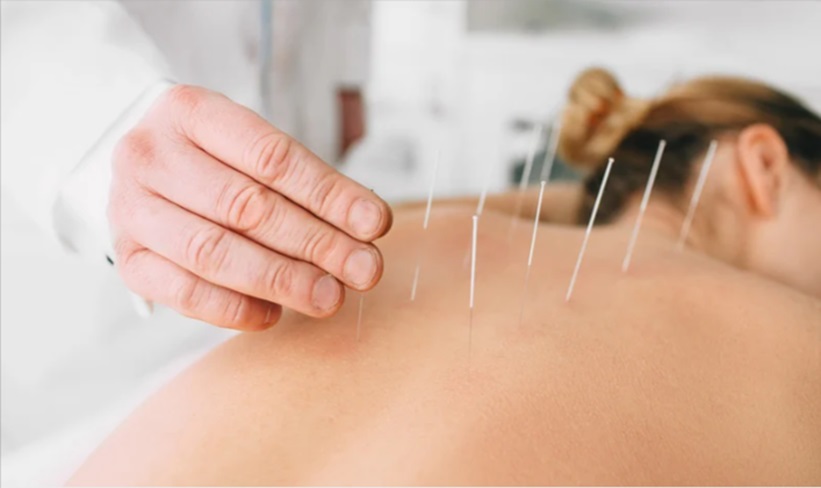Sleep disorders affect millions of people, making restful nights elusive and leading to a host of physical and mental health issues. One alternative therapy gaining recognition is acupuncture in Alpharetta, which has shown promising results in improving sleep quality. This ancient Chinese practice provides a natural way to address sleep disturbances by enhancing relaxation and balancing the body’s energy.
How Acupuncture Helps with Sleep Disorders
Acupuncture works by restoring balance in the body’s energy, known as Qi, through the precise placement of needles. This practice impacts the nervous system, promoting the release of neurotransmitters like serotonin and endorphins, which are crucial for regulating sleep cycles.
Reducing Stress and Anxiety
Stress and anxiety significantly contribute to sleep disorders. Acupuncture reduces cortisol levels, the body’s primary stress hormone, and promotes relaxation. As stress diminishes, many individuals experience improved sleep quality and duration.
Managing Chronic Pain
Chronic pain can interfere with sleep, leading to restless nights. Acupuncture targets specific pressure points to alleviate pain, relieving uninterrupted rest. This treatment can be particularly beneficial for individuals with conditions like arthritis or fibromyalgia.
Regulating Sleep Hormones
Acupuncture has been shown to help regulate melatonin production, the hormone responsible for sleep-wake cycles. By increasing melatonin levels, this therapy establishes a natural sleep rhythm, making it easier to both fall asleep and stay asleep.
Scientific Evidence Supporting Acupuncture
Studies have demonstrated the efficacy of acupuncture in improving sleep disorders. Research indicates that individuals undergoing acupuncture sessions report fewer sleep disruptions and a higher overall quality of rest. This holistic approach is especially effective for those who wish to avoid or reduce the reliability of medication.
For tips on optimizing the benefits of acupuncture, explore the top things to avoid after acupuncture. Adopting the right post-treatment habits can enhance its effects and improve sleep quality.
A Safe and Personalized Approach
Acupuncture is tailored to meet individual needs, offering a safe and flexible treatment for various sleep issues. Practitioners evaluate each patient’s symptoms and health history to identify the most effective treatment points.
Who Can Benefit from Acupuncture for Sleep?
Acupuncture is suitable for a wide range of individuals struggling with sleep problems, including those with:
- Insomnia
- Sleep apnea
- Restless leg syndrome
- Stress-induced sleep difficulties
By addressing the underlying causes of these disorders, acupuncture provides a sustainable solution rather than a temporary fix.
Also Read: Acupuncture for Stress and Anxiety Relief: A Natural Approach
Conclusion
Acupuncture provides a natural, non-invasive solution for enhancing sleep disorders by targeting their underlying causes. Whether you struggle with stress, chronic pain, or hormonal imbalances, this ancient therapy can help restore your sleep patterns and boost your overall well-being. If you’re considering acupuncture, consult a qualified practitioner to explore how this holistic treatment can benefit you.
FAQs:
How soon can I expect results from acupuncture for sleep disorders?
Results vary, but many individuals notice improvements within a few sessions. Regular treatments may be required for long-term benefits.
Are there any side effects of acupuncture?
Acupuncture is generally safe when performed by a licensed practitioner. Some may experience mild soreness or bruising at the needle sites, which typically subsides quickly.
Can acupuncture replace sleep medications?
While acupuncture can reduce or eliminate the need for sleep medications in some cases, consult your healthcare provider before making changes to your treatment plan.

